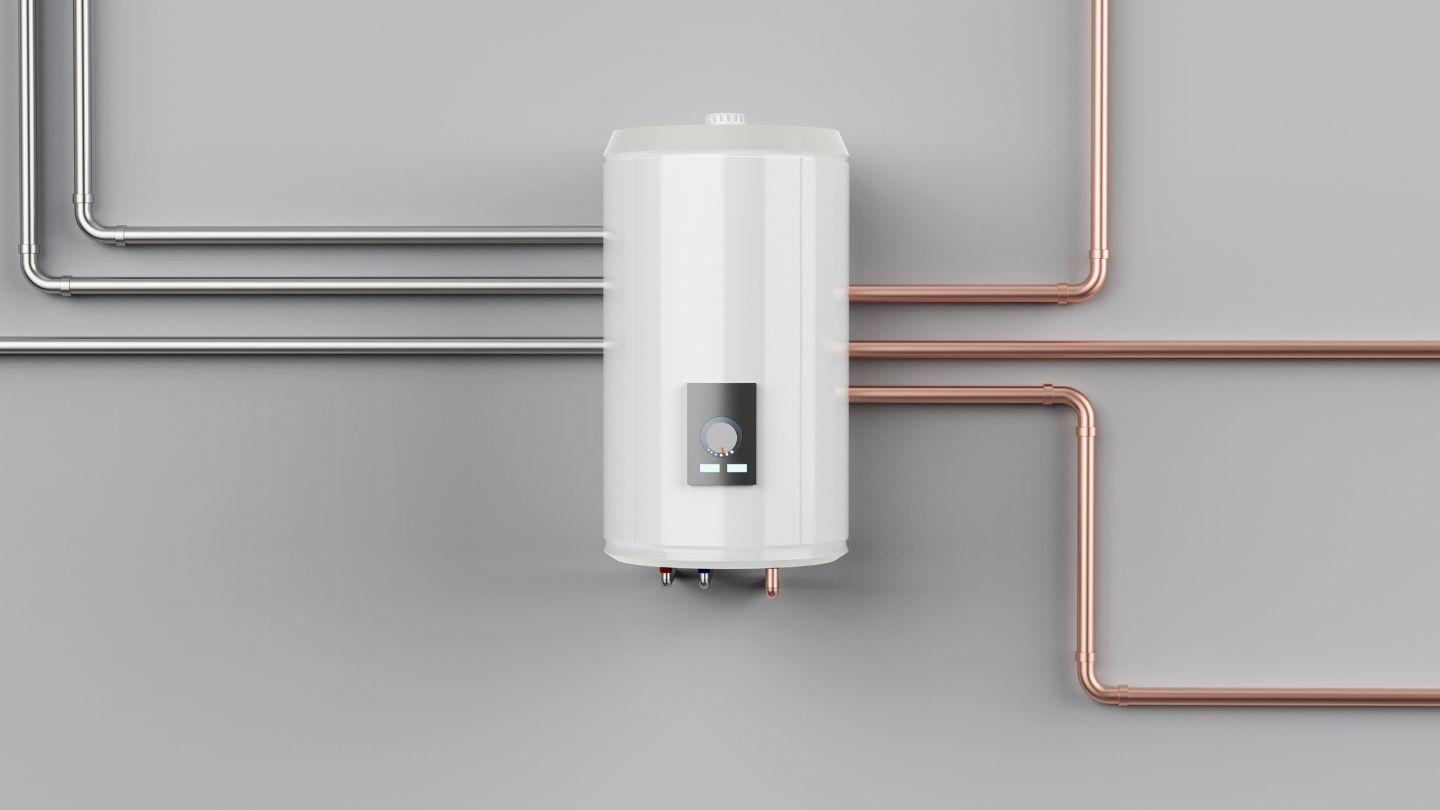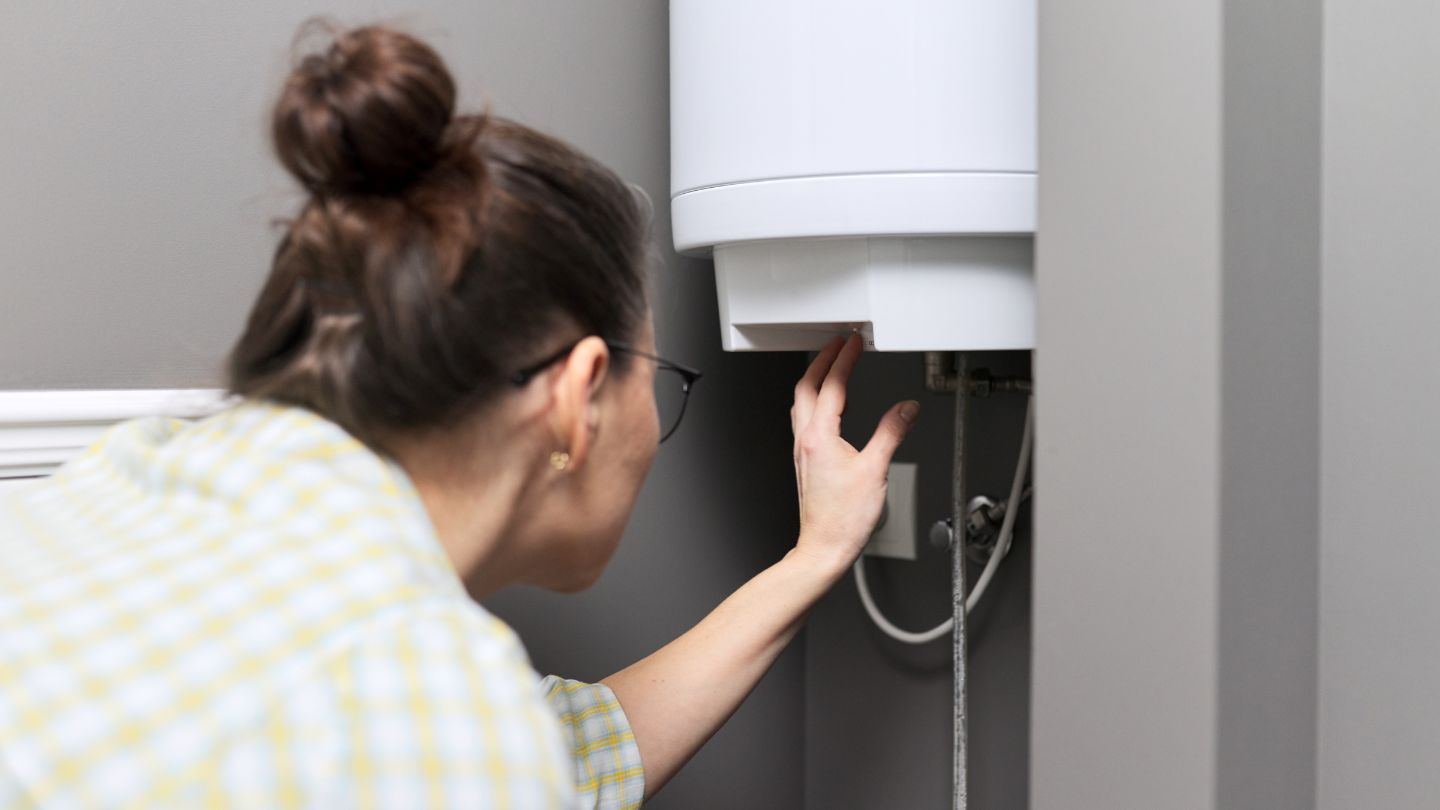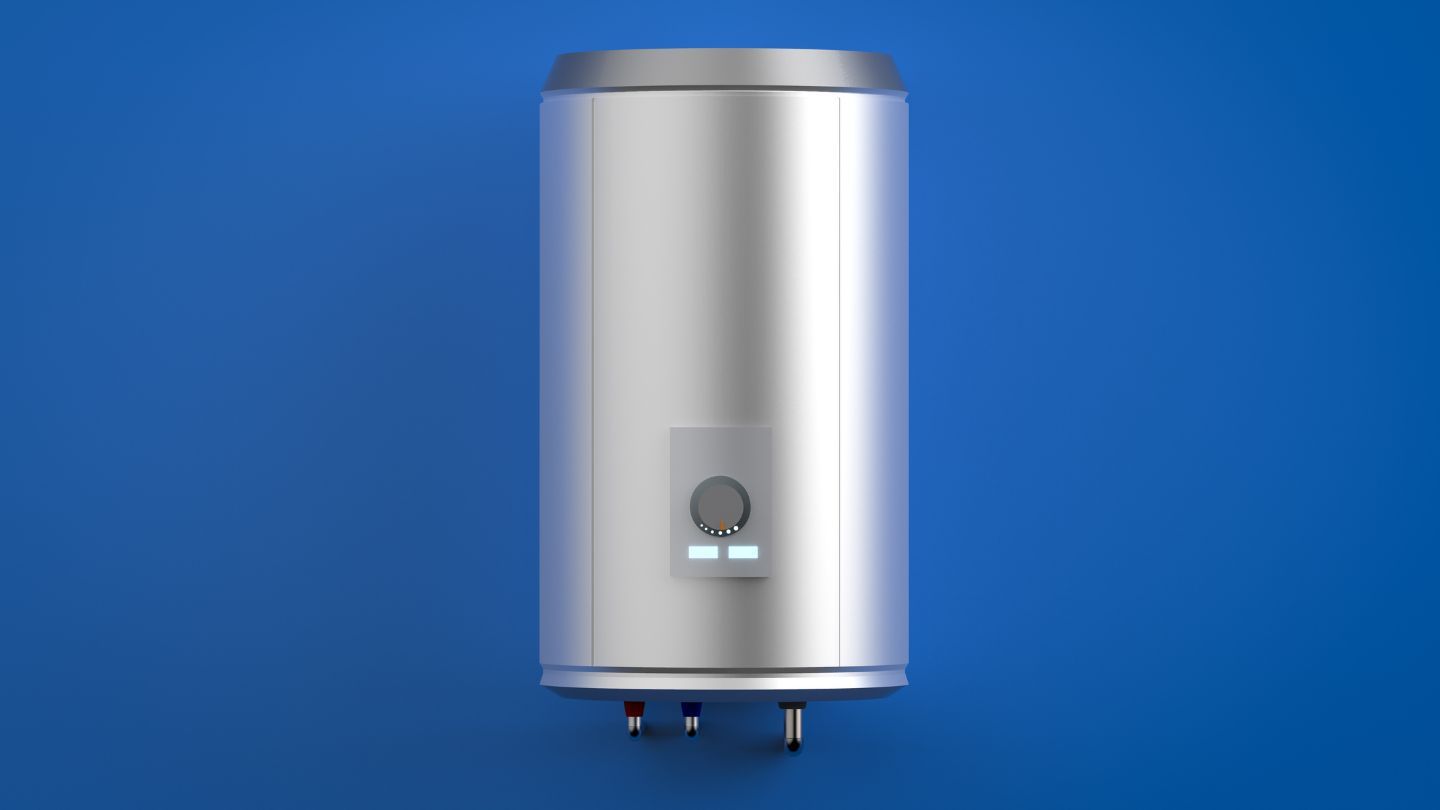Are you wondering how to safely
turn off your tankless water heater? Whether for maintenance, repair, or a
temporary shutdown, this guide will walk you through the shutdown process for
both gas and electric models. Properly shutting down your tankless water heater
not only ensures safety but also maintains the unit's longevity and efficiency.
Key
Takeaways
- Identify
the Model:
Understanding your tankless water heater's make and model ensures the correct
shutdown procedures are followed, avoiding potential issues.
- Safety
First: Always wear
protective gear, check the unit's temperature, and follow specific safety steps
to avoid injuries.
- Maintenance
Matters: Regular
upkeep, including proper shutdowns, improves energy efficiency and extends the
life of your tankless heater.
Understanding
Your Tankless Hot Water Heater
A tankless hot water heater
heats water only when needed, unlike traditional tank-style water heaters that
store hot water. There are two main types of tankless water heaters: gas and
electric. Gas models use natural gas or propane as fuel, while electric models
rely on heating elements powered by electricity. Each type has advantages and
specific maintenance needs, depending on your home and preferences.
Understanding how your tankless
water heater works is essential to safe and efficient usage. Reading the user
manual will familiarize you with the system's controls, components, and
troubleshooting tips, empowering you to handle minor issues yourself.
Identifying
Your Tankless Water Heater Model
Before shutting down your
tankless water heater, confirm the exact model. This information is usually
found on the manufacturer's label on the unit or in the user manual. Knowing
your model helps ensure a safe and efficient shutdown and improves troubleshooting
and maintenance practices.
Safety
Precautions Before Shutting Down Your Tankless Water Heater

Safety should always be a top
priority when handling water heaters. Follow these safety precautions before
proceeding with shutdown:
- Wear
Protective Gear:
Use gloves and goggles to protect against burns or accidental water splashes.
- Check
Temperature: Let
the heater cool down before handling it to avoid burns.
- Power
Off Safely: For
electric models, turn off the breaker switch at the circuit breaker to prevent
electric shock.
- Inspect
for Leaks: Check
around the unit for signs of leaks or water damage. Addressing any water or gas
leaks before shutdown prevents further damage.
- Clear
Surroundings: Keep
flammable materials away from gas-powered units, minimizing fire risk.
Following these precautions
ensures a safe shutdown.
Preparation
for the Shutdown Process
After completing the safety
checks, take the following preparatory steps to ensure a smooth shutdown:
- Locate
Shut-Off Valves:
Identify the water supply valve and, if applicable, the gas supply valve. The
water supply valve is usually near the top of the unit, while the gas shut off
valve for gas tankless water heaters is typically near the gas line or propane
tank.
- Turn
Off the Power: For
electric water heaters, flip the circuit breaker switch or disconnect the
unit's power supply at the control panel.
- Clear
Surroundings: Make
sure there's enough space around the heater to work safely.
How to Turn Off a Gas-Powered Tankless Water Heater
Shutting down a gas water
heater involves careful handling to avoid risks, especially in emergency
situations. Here's a guide:
- Set
Temperature Dial to "OFF":
Turning off the heater's temperature controls stops the heating process.
- Locate
the Gas Supply Valve:
Rotate the valve clockwise to stop gas flow, preventing ignition.
- Consider
Gas Leak Precautions:
If you suspect a gas leak, often detected by a distinctive odor, shut off the
main gas supply and seek professional assistance if needed.
Following these steps ensures
your gas tankless water heater is safely deactivated and prevents gas-related
hazards.
How
to Turn Off an Electric Tankless Water Heater

Turning off an electric
tankless water heater involves electrical precautions. Here's how:
- Switch
Off the Circuit Breaker:
Turn off the water heater's breaker switch at the circuit breaker panel to
avoid electrical shock.
- Power
Down the Unit:
Switch the heater to the "OFF" position on the control panel. Press any reset
button if available to ensure full deactivation.
- Shut
Off Water Supply:
Close the water supply valve to prevent water flow into the unit during
maintenance.
Once these steps are complete,
your electric water heater is safely off.
Situations
That Require Shutting Down Your Tankless Water Heater
Reasons for turning off your
tankless water heater include:
- Routine
Maintenance:
Regular maintenance shutdowns prevent problems and ensure efficient operation.
- Extended
Absences or Vacations:
When leaving for an extended period, turning off the unit saves energy and
protects the heater.
- Emergencies
(Power Outages or Gas Leaks):
Shutting off the unit during a power outage or suspected gas leak prevents
potential damage.
How
to Confirm Your Tankless Water Heater is Off
Verify the heater is off by
checking:
- Control
Panel: Confirm
that no display lights are on.
- Water
Temperature: Run
the hot water tap; cold water flow confirms the heater is off.
- Sounds: Listen for silence; an inactive unit
makes no operational sounds.
These checks confirm that your
tankless water heater is fully deactivated and safe for maintenance or extended
absence.
Common
Issues with Tankless Water Heaters and Troubleshooting Tips

Tankless water heaters can
encounter issues even with regular maintenance. Here are some common problems
and solutions:
- Flow
Switch Malfunctions:
If the heater doesn't activate, the flow switch may be faulty. Check it for
debris or wear.
- Overloading: High hot water demand can temporarily
shut down the heater. Avoid simultaneous use of multiple high-demand
appliances.
- Ignition
Problems: Gas or
electrical issues can prevent ignition. Inspect the gas meter or electrical
connections for issues.
Additional
Tips and Best Practices
Here are some tips for
maximizing your tankless water heater's performance:
- Annual
Maintenance:
Schedule a professional inspection each year to identify any issues early.
- Descaling: Regularly flush the heater to remove
mineral buildup from hard water.
- Check
Venting and Airflow:
Make sure vent pipes are clear to prevent exhaust issues.
- Install
a Water Filter:
Filters protect against mineral buildup and other debris.
- Keep
Area Clear: Ensure
there's good airflow around the heater to prevent overheating.
Conclusion
Knowing how to properly turn
off your tankless water heater is essential for safety and performance. By
following these steps and safety measures, you can manage your system
effectively during maintenance, emergencies, or absences. Regular maintenance
and understanding of common issues will ensure your tankless water heater runs
smoothly.
At A-Total Plumbing, we are
committed to providing exceptional services for all your plumbing needs.
Whether you require assistance with a tankless water heater in Cartersville, GA, or need expert advice on maintaining
your system, our experienced team is here to help. Contact
us today to schedule a
consultation and let our professionals keep your tankless water heater in top
shape.

